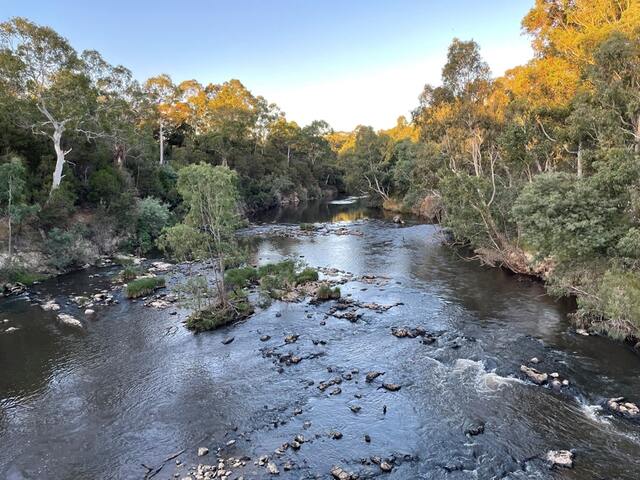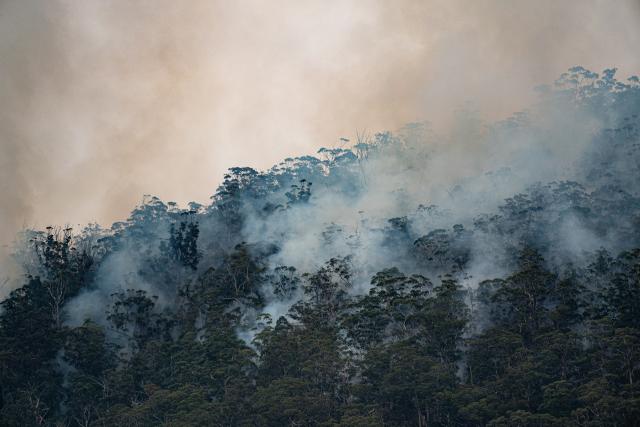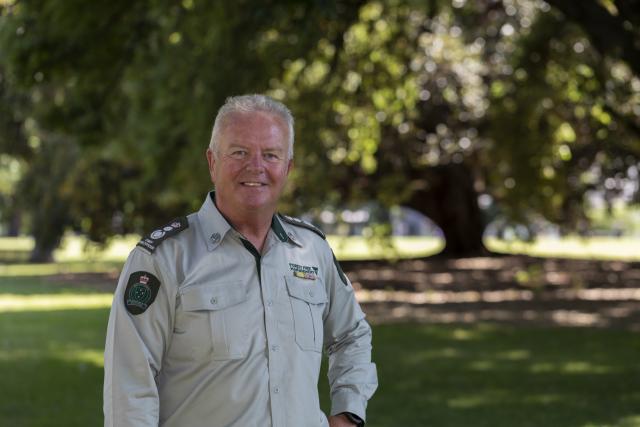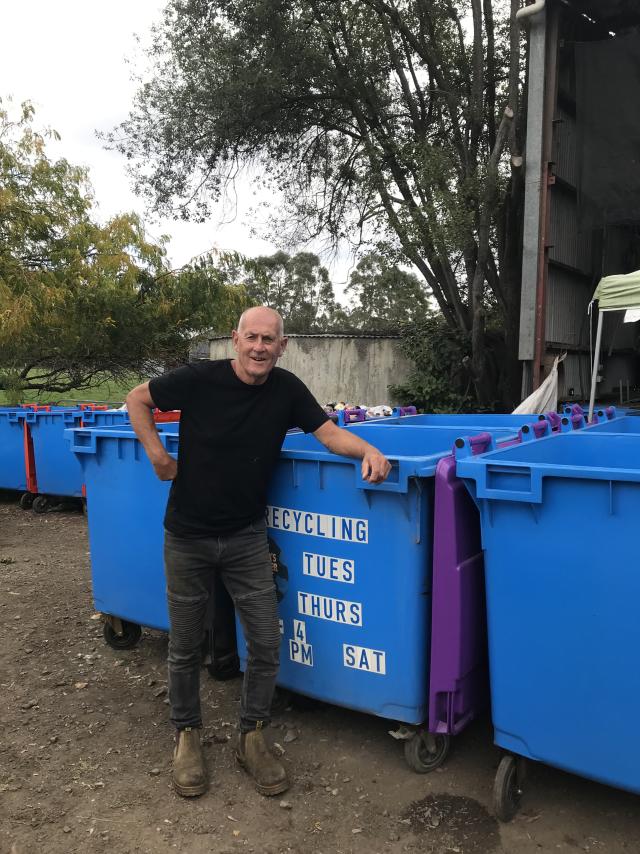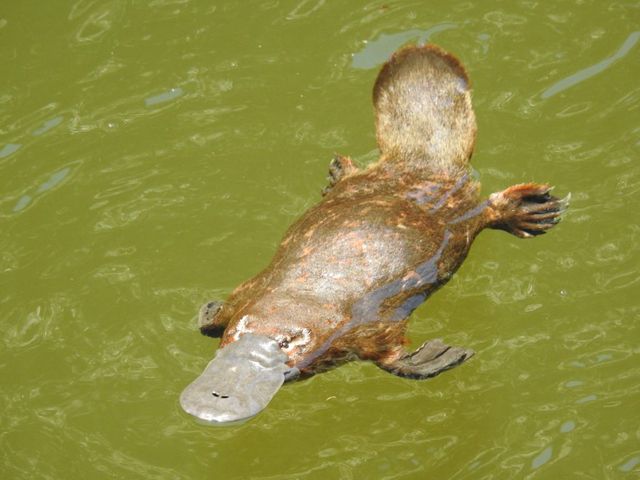A new initiative will empower Yarra Ranges landowners to protect Victoria’s most vulnerable animals.
The Melbourne Habitat Forever project aims to create 15 new sanctuaries on private land for threatened animals like the powerful owl, southern brown bandicoot, and growling grass frog.
Spearheaded by conservation organisation Trust for Nature, the unique approach to conservation would add to the 1500 plus landholders currently engaged in protecting biodiversity on their properties around Victoria.
Trust for Nature south central area manager said the Yarra Ranges was full of significant ecosystems, habitats and species you couldn’t find anywhere else.
“It’s not just a beautiful area to look at, it also has all these amazing threatened species in communities that aren’t necessarily represented in other places,” Mr Cullen said.
“It’s got species that occur in that area that just don’t occur anywhere else.”
Species of interest include, but are not limited to, the critically endangered Leadbeater possum and helmeted honey eater.
He hoped for more landowners to come forward and show interest in establishing a conservation covenant – an agreement registered with the property’s title that permanently protects sensitive habitats and wildlife on the land.
With its incredibly diverse ecology, it’s not uncommon for properties in the Yarra Ranges to have species and habitats that are globally significant.
It’s one of the reasons why Trust for Nature hoped to enshrine these covenants in property titles, as it meant that when land is sold, the next buyer is aware of obligations to protect and care for the land.
“We have a lot of changing landholders in the Yarra Valley at times with people coming in… they might suddenly be managing some really threatened species and communities mightn’t realize they’re doing damage to it.”
The Melbourne Habitat Forever project is funded by Melbourne Water and its service futures executive general manager Chris Brace said the partnership is a great example of how landholders and community can help secure Melbourne’s environmental future.
“Protecting biodiversity and healthy waterways go hand in hand. By supporting habitat on private land, we’re creating vital links across the landscape for species, ecosystems and future generations,” he said.
Grassy woodlands, wetlands and habitat along waterways are some of the threatened ecosystems that the project will focus on, which are increasingly under pressure from climate change and development.
The helmeted honeyeater only exists as a tiny population in the Yellingbo Nature Conservation Reserve, while the Leadbeater possum is only found in the mountain ash, alpine ash and snow gum forests in Victoria.
Mr Cullen said the conservation covenants also ensure the protection of species in the future.
“Even if your property doesn’t have the most significant things, we’re still really keen to talk to you about protecting what’s there, because you might be looking after something that’s going to be not as common in 10, 20 years.”
Follow the link to find out more: trustfornature.org.au

